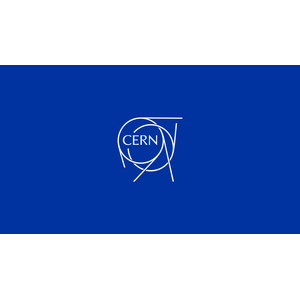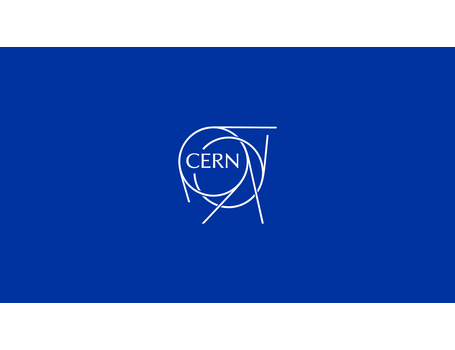Within the Accelerator Systems Department, the Beam Instrumentation Group (SY-BI) plays a key role at the heart of CERN: designing, building, and maintaining the instruments that make it possible to observe particle beams and measure their key parameters across all CERN accelerators, transfer lines, and secondary beam lines. These instruments use a wide range of sensing technologies and require the close integration of mechanical, electronic, and software systems — offering you an exciting intersection of disciplines.
During the Long Shutdown 3 (LS3) period, CERN's next major accelerator upgrade phase, many of these beam instrumentation systems will be upgraded, replaced, removed, or newly installed. This ambitious programme will give you the opportunity to collaborate with a wide network of stakeholders, while tackling challenges of scheduling, safety, and resources — and to contribute directly to one of the world's most complex scientific infrastructures.
Your role
If you are a university graduate in engineering (mechanical, electrical, systems, or related fields) and eager to apply your technical knowledge to coordination and planning activities, this role is for you. You will support the Beam Instrumentation Group by organising, tracking, and communicating the progress of key interventions during LS3. This position allows you to develop project skills in a world-class technical environment, while staying closely connected to engineering teams and systems.
What you will do:
- Monitor the schedules of beam instrumentation interventions and upgrades across CERN's accelerator complex during LS3, ensuring resources and safety conditions are met, and proactively identifying issues to avoid delays.
- Develop and use tools to track task progress, and report regularly in group meetings.
- Liaise with a wide range of stakeholders to share updates, coordinate scheduling adjustments, and manage constraints or dependencies.
- Implement the required changes related to beam instrumentation in CERN's configuration management databases, ensuring thorough and accurate documentation.
What you will gain:
- Hands-on experience in project coordination within one of the most complex technical environments in the world.
- First-hand insight into accelerator technology and beam instrumentation systems.
- The chance to work in a truly international and multidisciplinary team.
- Exposure to quality assurance and configuration management practices in a large-scale scientific research facility.
Your profile
Skills:
- Familiarity with project planning tools (e.g., Microsoft Project, Gantt charts, or equivalent).
- Familiarity with MS Power BI tool would be an advantage.
- Understanding of project organisation, scheduling, and control processes.
- Ability to learn and adapt quickly to CERN-specific workflows, tools, and procedures.
- Interest in quality and configuration management and willingness to work with software (Python would be an advantage) and database systems.
- Strong communication and collaboration skills, with the ability to interact effectively with multidisciplinary teams.
- Spoken and written English, with a commitment to learn French.
Eligibility criteria:
- You are a national of a CERN Member or Associate Member State.
- By the application deadline, you have a maximum of two years of professional experience since graduation in Engineering (mechanical, electronics,..) (or a related field) and your highest educational qualification is either a Bachelor's or Master's degree.
- You have never had a CERN fellow or graduate contract before.
- Applicants without University degree are not eligible.
- Applicants with a PhD are not eligible.


